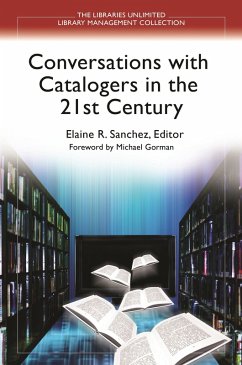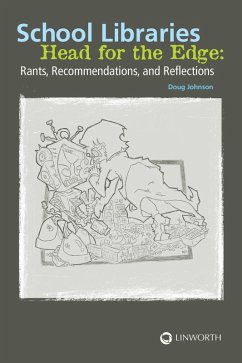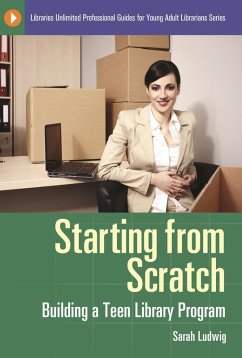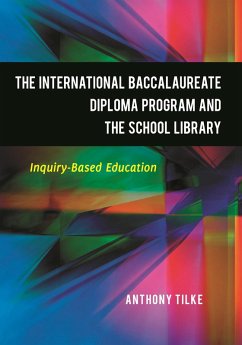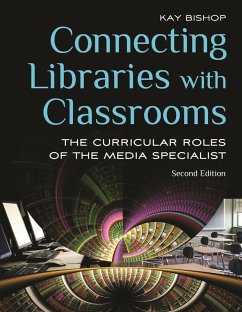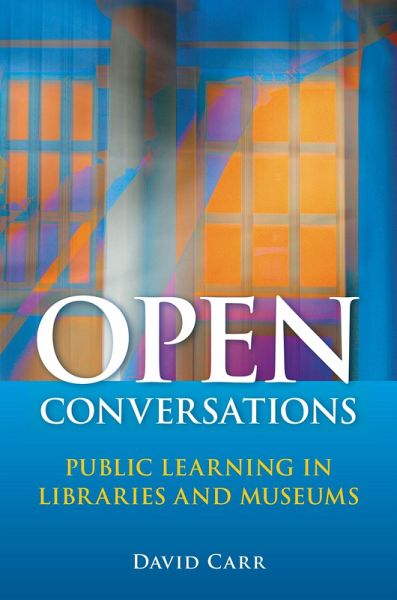
Open Conversations (eBook, PDF)
Public Learning in Libraries and Museums
Versandkostenfrei!
Sofort per Download lieferbar
31,95 €
inkl. MwSt.
Weitere Ausgaben:

PAYBACK Punkte
16 °P sammeln!
Cultural institutions must reimagine their roles as education facilities for their communities and address the public need for conversations in safe and fair places, thereby renewing their essential place in democratic society. This book explains how.Open Conversations: Public Learning in Libraries and Museums is a provocative book, one that is designed to offer courage to cultural institution administrators and staff even as it opens their eyes to the possibility that their facilities can offer more than they are. Rather than offering prescriptive answers, the author invites readers to consid...
Cultural institutions must reimagine their roles as education facilities for their communities and address the public need for conversations in safe and fair places, thereby renewing their essential place in democratic society. This book explains how.
Open Conversations: Public Learning in Libraries and Museums is a provocative book, one that is designed to offer courage to cultural institution administrators and staff even as it opens their eyes to the possibility that their facilities can offer more than they are. Rather than offering prescriptive answers, the author invites readers to consider museums and libraries in fresh ways.
Author David Carr believes professionals in libraries and museums need to think more broadly. He challenges them to address communities, national social change, psychology, and learning, and to think about ways to frame their institutions, not as repositories or research chambers, but as instruments for human thinking. Now is the time for these institutions to recover their integrity and purpose as fundamental, informing structures in a struggling democracy. Based on lectures and previously published writings by the author, and drawing on new scholarship and research, the essays here will inspire professionals to understand their collections and institutions as instruments of personal, social, and cultural change.
Open Conversations: Public Learning in Libraries and Museums is a provocative book, one that is designed to offer courage to cultural institution administrators and staff even as it opens their eyes to the possibility that their facilities can offer more than they are. Rather than offering prescriptive answers, the author invites readers to consider museums and libraries in fresh ways.
Author David Carr believes professionals in libraries and museums need to think more broadly. He challenges them to address communities, national social change, psychology, and learning, and to think about ways to frame their institutions, not as repositories or research chambers, but as instruments for human thinking. Now is the time for these institutions to recover their integrity and purpose as fundamental, informing structures in a struggling democracy. Based on lectures and previously published writings by the author, and drawing on new scholarship and research, the essays here will inspire professionals to understand their collections and institutions as instruments of personal, social, and cultural change.



